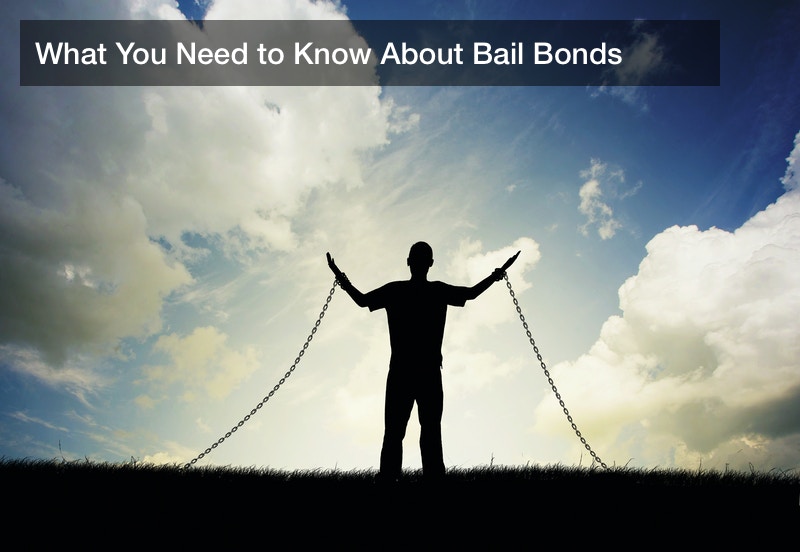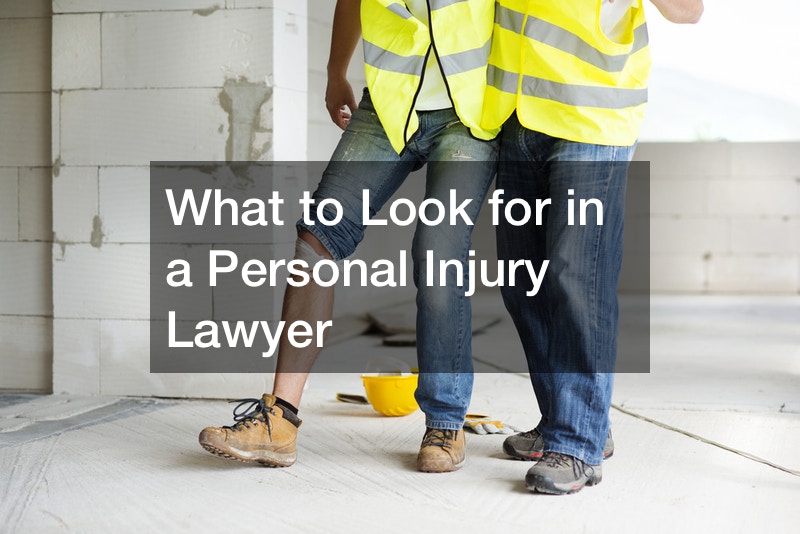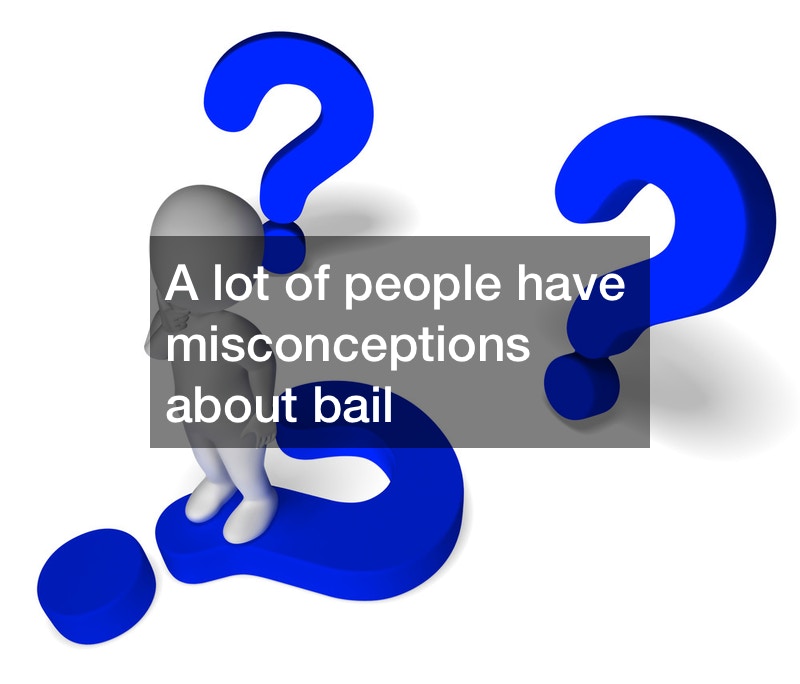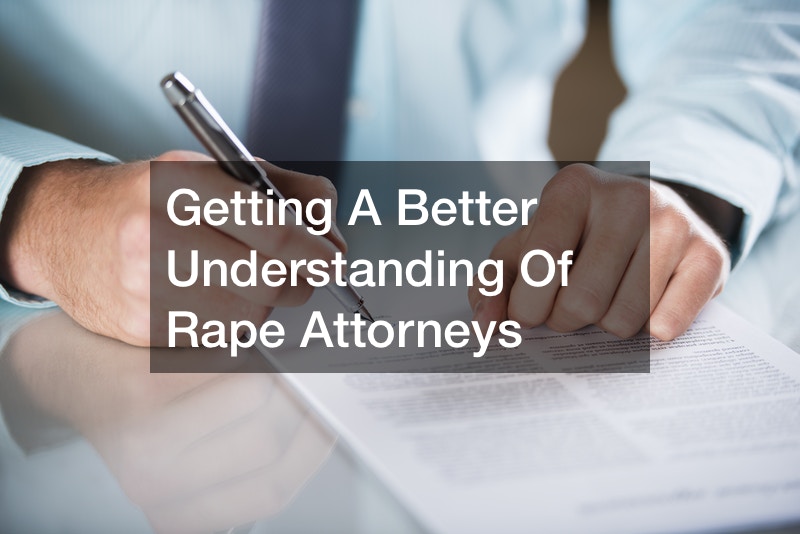
You or someone you know has landed behind bars. Thankfully, their situation allows them to possibly go home on a bail bond while waiting for their court date. If the judge grants permission for the accused to go home on bail, it means they can go back to work and sleep in their bed, but it might come with a few restrictions. Bail judgments include things like physical location monitoring, conditions on places a person can visit, random drug screenings, and the agreement not to be found in trouble with the law until their first criminal matter is settled.
Knowing this is all well and good. However, it may leave you wondering, “How do bonding companies work?” or scratching your head about where to start looking for a trustworthy bail man or woman. First, it’s essential to know that all bail bondsmen, regardless of gender, must be licensed in the state where bail is in question. Sometimes that person works for a bail bonding company, and sometimes they work on their own.
Start searching for a larger bail bonding agency as they might have more resources and options for the accused to pay their bail bonding fees. You’ll want to find a 24 7 bail bonds company and one with knowledgeable staff who can explain to you the different types of available bail bonds that could help you or your loved one.
If you’re arrested and need bail money, bail agents will come to your rescue. By virtue of helping you, bail agents take a huge risk of being held responsible for your appearance in court. If you’re wondering about the difference between property bond vs cash bond, the main difference is that property bond involves more than two people. Cash bond strictly involves two people. Also, a property bond pays for property assets such as houses, while a cash bond pays for a bail of a defendant.
What is the bond amount? The bond amount is the amount that a defendant is expected by the court to pay in order to stay out of jail. What is the difference between a bond and bail? Bail is the amount that a defendant is ordered by the court to pay in order to remain outside. On the other hand, a bond is paid on behalf of the defendant, in most cases by a bail agent, but sometimes by family members. When can you get bailed out of jail? You get out of jail as soon bail is paid.
One thing’s for sure: If you’re looking up information online about bail bonds, you probably have one of three circumstances. The first is that you’ve been arrested, meaning you need to learn all you can about bail bonds fast. The second is that a loved one’s been arrested, leaving you scrambling to become educated about bail bonds. The formal reason? You’re writing a mystery novel or screenplay and want to make your bail bond scenes as logical and realistic as possible.
Hopefully, you’re looking for information about bail bonds because you’re an author. But if you’re not, here you’ll find everything you need to know to get a basic understanding of what bail bonds are, why they exist, how they work, and whether or not they’re a good choice for your current situation.
Why Is Bail Set in the First Place?

Let’s start at the beginning. What is a bail bond, and more specifically, what is bail itself?
As you’ve probably seen in law-related movies and television programs, judges don’t just let people accused of misdemeanors and felonies walk away after being sentenced. Instead, they want to make sure that the defendants have a reason to come back for future trial dates. Therefore, judges have leeway to set bail.
The amount assigned to bail will vary according to many factors. For instance, someone who commits her first misdemeanor will likely have a lower bail than someone who is accused of his third felony. After bail is set by the judge, the defendant has a couple of options.
The first option is to just pay the full bail to the court. Remember: This bail money will be returned in its entirety as long as the defendant doesn’t skip town or any future scheduled court dates. However, here’s the catch: Not everyone accused of a crime has bail money available. If bail is set low, the defendant may be able to come up with it. On the other hand, if the bail is set at $5,000, $20,000, or $100,000, the defendant might not be able to give it to the court.
At this point, the defendant can remain in jail and await trial. What’s the problem with that? Well, trials don’t happen quickly. A defendant could literally be jailed for months waiting to appear before the court. And that’s why so many people accused of crimes turn to their second option for getting money into the court’s hands: bail bonds.
What is a Bail Bond? Why Would You Need It?

Often referred to as surety bonds, bail bonds are made through an agreement between the defendant and a bail bondsman. The bail bondsman agrees to put up the bail money in exchange for a fee and some kind of security. For instance, the bondsman could require the defendant to pay 10% of a $25,000 bond as a fee, which would be $2,500.
In addition to the upfront fee of $2,500, the bondsman would require that the defendant put up some kind of collateral like jewelry, a boat, vehicles, or even real estate. That way, if the defendant doesn’t show up for a court date, the bondsman will be able to take over the collateral item because the defendant has defaulted.
Though this might sound like a hefty cost, consider how it can quickly lower your stress level, even by a little. Not only do you get to avoid staying in a jail longer than necessary, but as long as you appear for your court dates and trial, you’ll only pay the fee. Yes, you’re putting up collateral, which can be risky. Nonetheless, it’s better than being incarcerated and potentially losing your job, not being able to pay your bills, and causing your loved ones excessive heartache or even a sense of embarrassment.
Pros and Cons of Bail Bonds

When it comes to talking about bail bonds, you do need to consider both the positive and negative aspects of this arrangement. Otherwise, you won’t be able to make the best decision for you and, if applicable, your family.
The biggest positive about a bail bond is that it gets you out of jail very quickly, even if you don’t have the full bail amount. Yes, you have to pay the bondsman a fee, which is usually 8-10% depending upon the state. Yet what you get in return can be tremendous peace of mind. Having your freedom will probably be worth the cost to partner with a bail bondsman.
Now here’s a downside, though: In some states, bondsmen aren’t required to be licensed or trained. Literally anyone can hang out a shingle and get into the bail bond business. If that concerns you, it should. For that reason, before you hire anyone, be sure you educate yourself on bail bonds as well as particular bail bondsmen and their agencies. Go through reviews and find out all you can. This way, you’ll be more satisfied and confident.
Looking at the positives again, it’s worth noting that some bail bondsmen are extraordinarily professional. They’re also nonjudgmental. They’re not trying to figure out if you’re innocent or guilty, they’re just doing their job. This can feel like a relief, especially if you’ve had an anxious past 24 hours being charged with a serious crime that you might not have committed.
Not to end on a down note, but it should be added that some people feel bail bonds are discriminatory. They believe that bail bonds discriminate against low-income individuals accused of a crime. This may or may not affect your circumstances, but it is something to at least be cognizant of when speaking about bail bonds.
How Can Bail Bond Agencies Help?

At this point, you should have a pretty good idea about bail bonds and how they work. So what is a bail bond agency, then? That’s the business where the bondsman works. Many bail bond agencies set up shop very close to courts. They do this for a good reason: They’re more obviously situated. When a loved one comes to bail out a family member, the loved one is more likely to choose to work with 24 hour bail bondsmen at a nearby agency than one far away.
Just be very aware that you should read through your contractual obligations with a bail bond agency before signing on the dotted line. This includes checking out the fine print. If there’s something you don’t understand, be open about asking. You should know everything that’s in the contract.
Legal Representation You’ll Need

You’ve been accused of a crime, such as a felony or a misdemeanor. At this point, you’d be wise to seek advice and hire an attorney from a criminal defense law firm. They can help you through the process of lowering your bail amount and figuring out a way to pay it.
Criminal defense attorneys are accustomed to working with people from all walks of life who have been charged with anything from disorderly conduct to violating a protection from abuse (PFA) order. Like bondsmen, they aren’t going to judge you. However, like bail bondsmen, they will expect you to pay a fee for their services.
Unlike lawyers who practice personal injury cases and get paid only if they get you an agreeable settlement, criminal defense attorneys typically work on an hourly basis. Don’t get too startled by their hourly fee rates. Defending people is hard work. Criminal defense attorneys will have to sift through documentation, prepare your case, file complaints, show up in court, and do a wide range of other activities. Could you do those things yourself? Maybe. However, it’s best to leave legal work to the trained professionals if you want the best possible outcome for your criminal defense case.
So how do you know which criminal defense attorney is a good match for you? Try calling a few firms to see if any offer free legal consultations. Usually, consultations will be anywhere from a half-hour to an hour. You’ll tell the lawyer what happened to you, right down to the part about bail bonds. The lawyer will then give you constructive advice. Talking to a couple of criminal defense attorneys will help you evaluate which one seems to be best suited for your needs.
Don’t take too long to retain an attorney, though. You want to give your legal counsel enough time to prepare everything. If your attorney only has a few days to pull things together, you might end up with the short end of the stick.
What to Do If You’re at Fault
At this point, you’ve moved from the stage where you’re worried about bail bonds and into the part where you have to consider your defense. For the sake of argument, let’s pretend that you were at fault. Maybe you were involved in a trucking accident. More than three million individuals get hurt in car accidents other types of vehicular incidents every year, so it’s a very commonplace occurrence.
In this scenario, you are the truck driver hired by a company. Unfortunately, you went to a party before logging in. You thought you had very little to drink but a blood alcohol content (BAC) test showed you were over the legal limit in your state. Therefore, an officer arrested you for DUI.
Just because you were technically at fault doesn’t mean that your lawyer can’t make arguments on your behalf. For instance, perhaps you realized you were feeling tipsy and you had just called into your boss to say you couldn’t complete your shift. You were on your way to a safe place when the crash occurred. It was your first DUI, ever. That might change the sentencing decision, especially if you agree to plead guilty but then attend classes. After successfully going through the classes, your record could be wiped clean of the incident.
Think about another hitch in the case. Maybe you were intoxicated, but your brakes gave out. The brake parts were faulty, your lawyer discovers, and have been a major cause of crashes in trucks around the country. Your lawyer could then argue that even though you were technically over the BAC level, you got in a crash because of improperly working brakes.
These are just some of the ways a legal representative might help a court see your case in a different light. Of course, your attorney won’t make these things up: They have to be truthful or you’ll be in violation of legal ethics. If they are true, though, you might be able to get out of your criminal experience with little more than a hand-slapping. It’s happened before.
On the other hand, you might end up being charged criminally. Your lawyer will try to reduce your sentencing as much as possible. There’s no telling what some judges might be willing to do. It all depends on factors like how often you’ve been accused of crimes, what your past criminal history looks like, and the severity of the crime. Regardless, you’ll be glad that you have legal representation to go to bat for you.
How Bail Bonds Work After Everything Is Said and Done

Eventually, your criminal case will be over, one way or the other. At that time, if you’ve been to every single court appearance, your bail bond agent will return the money that was fronted to you. However, if you missed even one scheduled appearance, you may have forfeited whatever collateral you offered the bondsman. This could mean you would lose your property or financial assets, such as stocks. You don’t want this to happen, so be sure to strictly adhere to all your court appearances and pencil them in on all of your calendars.
You should also keep track of when you appeared in court. Why? A bail bondsman might not have realized you showed up and thought you defaulted on your agreement. You’ll want to have documentation to prove that you were true to the contract, just in case.
What happens if you didn’t make your appearances and treated them like they weren’t important? You’ll end up owing the bail bondsman, and you might just have to pay up in cash instead of your collateral. Many defendants have ended up having to sell a house for cash to return money to a bondsman.

Avoiding Criminal Charges in the Future
Most criminal activity is fairly simple to avoid. Don’t drink and drive. Don’t stalk anyone. Don’t take money from anyone, including relatives or your employer. The list goes on and on.
If you do get in trouble, whether you’re innocent or not, don’t let finances stress you to the point of excessive hair loss or an inability to sleep. Instead, contact a lawyer and a bondsman about bail bonds and get yourself back on track.




